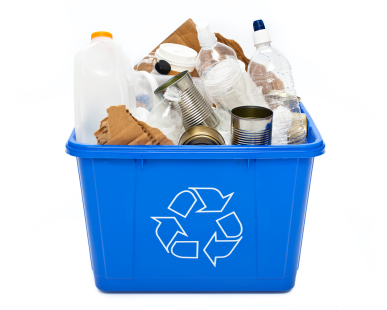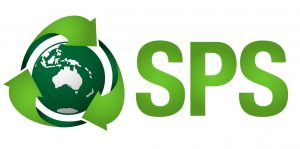GlobalPSC News – July 2021
Packaging EPR Laws in Maine and Oregon

Maine’s governor signed a bill to establish a statewide packaging extended producer responsibility (EPR) program into law on 12 July, and a similar law is awaiting the Governor’s signature in Oregon. These will be the first packaging EPR laws to be adopted in the US.
Maine
Under LD 1541, Maine’s Department of Environmental Protection will select and contract with a packaging stewardship organization to operate the packaging stewardship program. The contract will cover the organization’s operations for a 10-year period. Large producers of household packaging are required to participate in the organization in order to sell or distribute packaged products in Maine. The Department must initiate rule making to implement the program on or before 31 December 2023.
Oregon
Under SB 582, producers of packaging and printed paper must register with and be a member of a producer responsibility organization (PRO) that administers the packaging EPR program. PROs must submit producer responsibility program plans by 31 March 2024. PROs must implement an approved producer responsibility program plan no later than 1 July, 2025.
The Sustainable Product Stewards (SPS) Venture – Making a Difference

Sustainable Product Stewards (SPS) is one of Australia’s newest co-regulatory arrangements under the National Television and Computer Recycling Scheme (NTCRS). SPS is a joint venture between TES-AMM and the National E-Waste Alliance (NEWA), combining decades of experience and extensive trading within the e-waste sector and long held relationships with international brands that have a liability under the NTCRS.
TES-AMM is one of the world’s largest IT lifecycle service providers and has a long association with household brand names in the Information Technology manufacturing sector. TES-AMM holds R2 certification for all of its Australian operations.
The National E-Waste Alliance operates to support Australian Disability Enterprises (ADEs) working in e-waste recycling. Dismantling sites operating under NEWA are Australia-wide, with the majority of sites in regional areas. These sites provide ongoing employment for over 400 individuals with special needs.
Talking with NEWA CEO Kevin Mooney and General Manager of TES-AMM Australia & New Zealand Sharon Selwood, “SPS was formed to provide greater stability for social enterprises working in the NTCRS and to provide industry with a direct link to support employment whilst achieving tangible social outcomes, not fully realized under the NTCRS to date. A core driver of SPS is to create sustainable best practice outcome solutions for eco and industry with the added benefit of supporting the disability and social enterprise sector with gainful employment. SPS aim to offer competitive fees and our charter is to continually reinvest to advance industry and better outcomes for our region.”
Complementing the extensive regional ADE network are larger Metro-based recycling partners. These facilities have the automation to process and separate volume waste from valued commodity. All downstream processors are fully audited by an in-house compliance team on a regular basis to ensure they comply with all rules, regulations, certifications, licences and guidelines required for safe and ethical e-waste recycling.
Mr Mooney advised “We have the expertise, the high volume capacity requirements and many existing community relationships with liable parties who want to make a real difference.”
GlobalPSC Corporate Member – Fisher & Paykel Healthcare

Fisher & Paykel Healthcare is a world leader in medical devices and systems for use in chronic and acute respiratory care, surgery and the treatment of obstructive sleep apnea.
Fisher & Paykel Healthcare is committed to improving care and outcomes through inspired and world leading healthcare solutions. Fisher & Paykel Healthcare recognise that looking after the wider community and the environment is inextricably linked with this way of doing business. In addition to the organisation’s direct impact on improving the health and wellbeing of people around the world, Fisher & Paykel Healthcare is committed to implementing sustainable business practices. Fisher & Paykel Healthcare has set Science-Based Targets for emissions reductions consistent with the goals of the Paris agreement, and measures and reports carbon emissions annually. Fisher & Paykel Healthcare also participates annually in sustainability disclosure programmes, including CDP. These sustainability disclosures have contributed to inclusion in the Dow Jones Sustainability Index and the FTSE4Good index.
Along with carbon footprint reduction, Fisher & Paykel Healthcare’s current sustainability initiatives include efficient use of resources and waste minimization. After use, many of Fisher & Paykel Healthcare’s products are classified as medical waste and must be disposed of according to country-specific regulations and guidelines. Recognising the environmental impact associated with healthcare waste, Fisher & Paykel Healthcare is exploring ways to support customers in reducing the negative impacts associated with product disposal.
More information about Fisher & Paykel Healthcare’s approach to sustainability and recent progress can be found on the website, and in annual reports available here.

